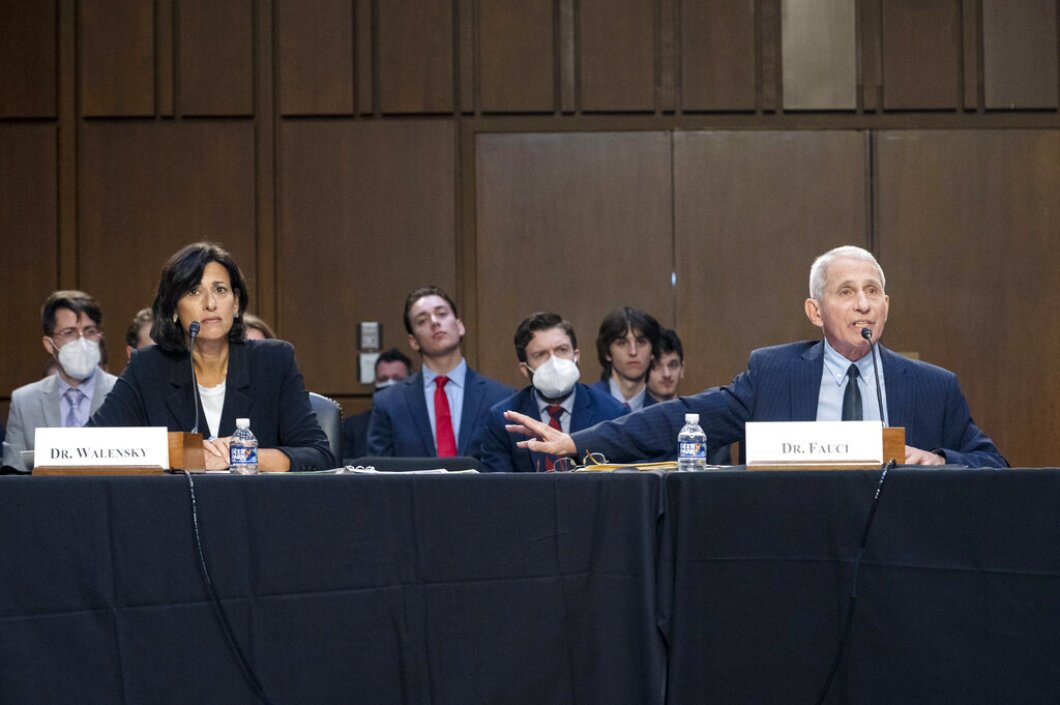
Senators criticized Biden administration officials for failing to apply the lessons learned during the coronavirus pandemic to respond to the monkeypox outbreak during a Senate Committee on Health, Education, Labor, and Pensions hearing on Thursday.
Members of the committee faulted top health officials for being unprepared to handle the monkeypox outbreak, which they argued led to a delay in providing testing and vaccines for the virus to the public, resulting in over 22,000 identified monkeypox cases.
CDC REPORTS NEUROLOGICAL COMPLICATIONS IN TWO MONKEYPOX CASES
“After almost three years of the COVID pandemic, you would think public health agencies responsible for preparedness and response would be prepared for anything, particularly a threat like monkeypox, which we’ve known about for decades and for which we have vaccines and treatments,” said Sen. Richard Burr (R-NC), ranking member of the HELP committee. “By every measure, the response from the Biden administration on the monkeypox crisis has been a catastrophic failure.”

Sen. Patty Murray (D-WA), chairwoman of the HELP committee, said it was “frustrating and inexcusable” the hiccups that the federal government experienced deploying available tests, treatments, and vaccines for monkeypox.
“We have to end the cycle of crisis and complacency by making sustained investments that allow us to build, and maintain, robust public health infrastructure at all levels,” said Murray (D-WA) during a hearing on Wednesday. “The truth is, the monkeypox response so far has not been encouraging — but there are some clear signs of progress, and there are clear steps we can, and should, take to improve.”
Centers for Disease Control and Prevention Director Rochelle Walensky defended the agency’s response, arguing that it “immediately” got to work to expand testing capacities after the first monkeypox case was identified in the U.S., but said addressing funding inconsistencies and removing barriers to access vaccine administration data could have helped.
Other administration officials in attendance included Dr. Anthony Fauci, director of the National Institute of Allergy and Infectious Diseases, and Dawn O’Connell, assistant secretary for preparedness and response.
CLICK HERE TO READ MORE FROM THE WASHINGTON EXAMINER
While monkeypox cases are still increasing in certain areas in the U.S., the overall growth of case numbers has begun to slow, Walensky added.
“Over the last several weeks, we’ve been pleased to see a decline in the growth of new cases here and abroad, though there are areas in the United States where the rate of rise in new cases is still increasing. We approach this news with cautious optimism,” Walensky said. “We anticipate that monkeypox will continue to be a global threat once this outbreak is controlled. We will need to maintain vigilance, education and vaccination efforts so that another outbreak does not emerge.”





